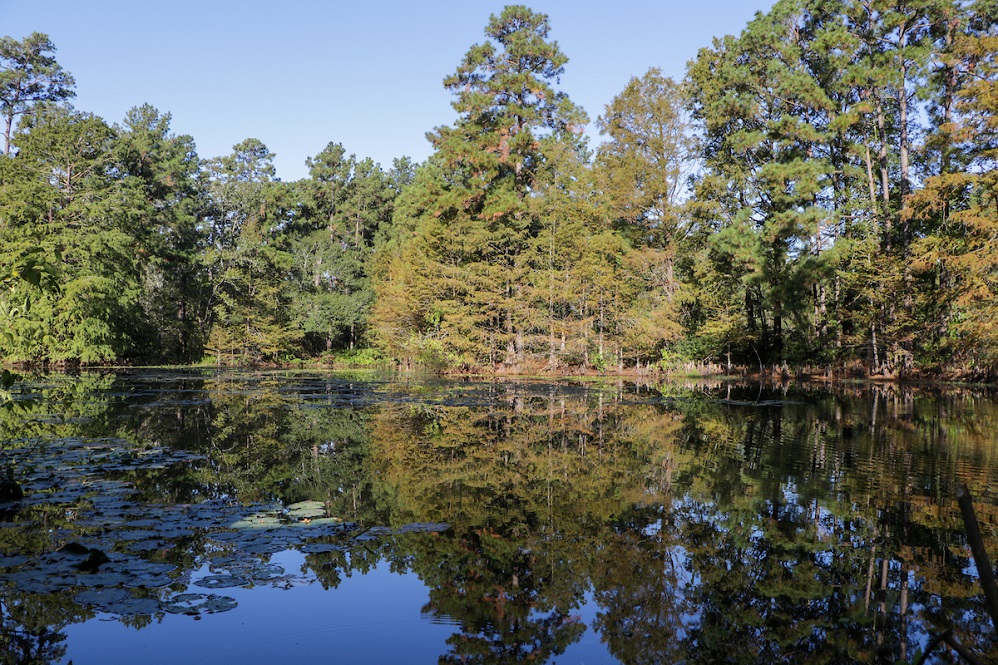Lawmakers fail to pass a bill to end massive water exports from East Texas
By Jess Huff, The Texas Tribune
Sept. 3, 2025
“Lawmakers fail to pass a bill to end massive water exports from East Texas” was first published by The Texas Tribune, a nonprofit, nonpartisan media organization that informs Texans — and engages with them — about public policy, politics, government and statewide issues.
A bill meant to stop large-scale exports of water from East Texas died after the Texas House rejected changes made by the Senate that stripped a key provision.
Senators approved the legislation that also requires the state to study how much water is under East Texas. However, the original bill — House Bill 27 by Rep. Cody Harris, R-Palestine — sought to prevent approval of new export permits in the meantime. The bill that left the Senate Tuesday night allows water exports to continue while the study is ongoing.
Harris told The Texas Tribune on Wednesday that he would not accept those changes.
“Stripping the moratorium from HB 27 guts the intended purpose of the bill, which is to hit pause on production and export permits while the State conducts a study to determine how much groundwater is actually available,” Harris said. “I will not lay down and accept this watered-down change. I will continue to fight for my district and the people of East Texas by doing everything possible to protect our most precious natural resource.”
Harris was met on the floor of the House with support from his colleagues who expressed concern and consternation about the changes made by the Senate. He called for the establishment of a conference committee to begin negotiations. However, lawmakers gaveled out of the special session before coming to a compromise.
The bill is a response to a proposed water study by Dallas-area businessman Kyle Bass that could lead to a significant extraction from the aquifer. Many East Texans have been alarmed this year at the potential impact the extraction could have on their water supply. Harris said the extraction could impact 25% of Texans if the state does not intervene.
“The science we have today suggests these impacts could be substantial, but the science is just not sufficient to guide such important decisions,” Sen. Robert Nichols, R-Jacksonville, told lawmakers Tuesday night.
Critics say the bill runs contrary to a longstanding state law, known as the rule of capture, that allows private landowners to access the water they can pump from their property.
Nichols, who sponsored the bill in the Senate, offered an amendment to eliminate the moratorium. He told fellow lawmakers that he did not like eliminating the moratorium, but it was the only way to get it through the chamber.
He hopes the study will be completed before the State Office of Administrative Hearings completes its review of the permit. The permit could take years to litigate, but there is no guaranteed timeline.
Sen. Charles Perry, R-Lubbock, who has also led much of the effort to address Texas’ growing water woes, said he has faith the study will be completed before the hearings end. He advocated for the amendment.
Sen. Bob Hall, R-Edgewood, called the moratorium the belt and suspenders to protect the aquifer while the state studies the aquifer and opposed the amendment.
“(We’re) depending on luck to carry us through the time period while the study is going that these wells won’t go into place and start operating, and then we have a real problem,” Hall said.







